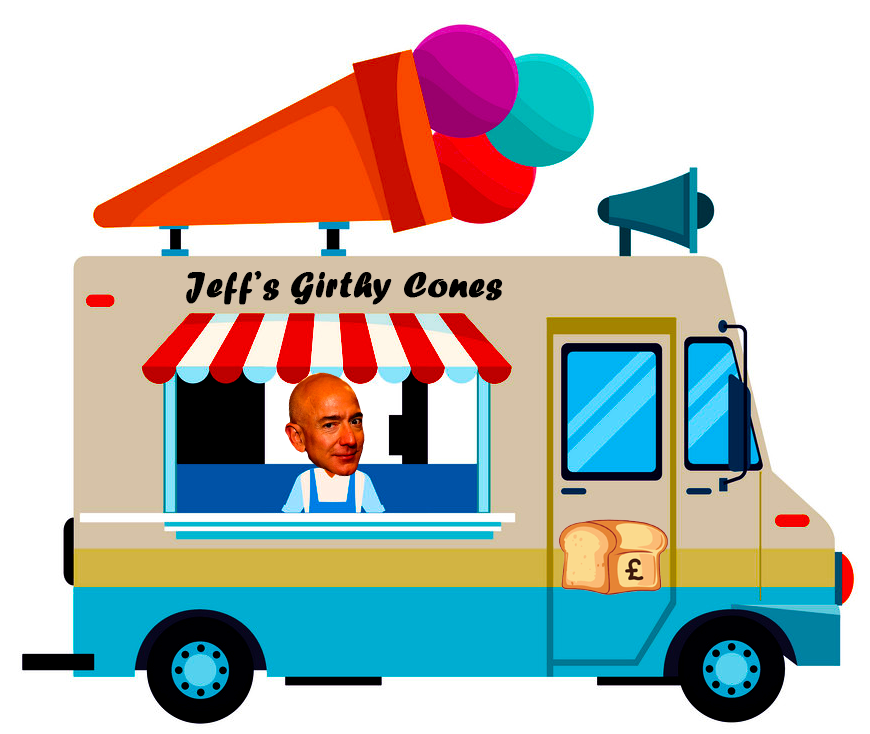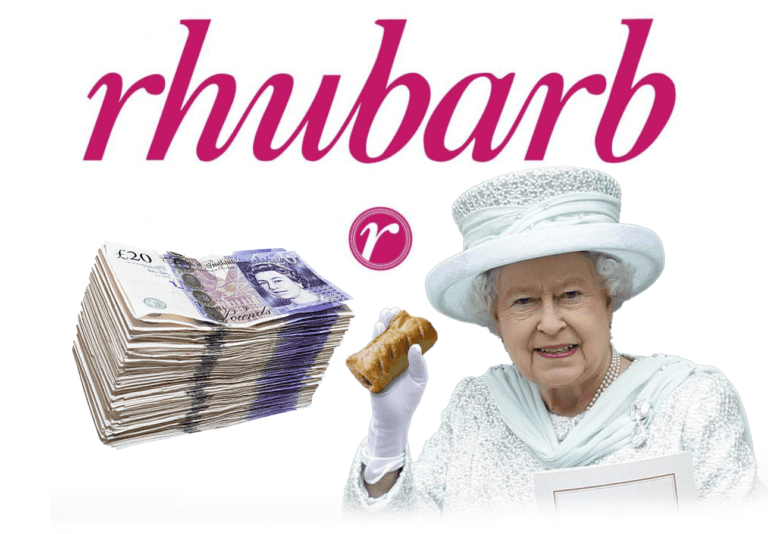Here’s Why Dishoom Restaurants Are Always Rammed
World Class Entrepreneurship, Banging Biryani

Every time you walk past one of Dishoom’s London restaurants, it’s blo*dy packed. I mean there are usually queues down the street. It’s like they’re giving the curry away for free or something.
I wanted to get my head around how they built such a beloved brand, and how they’ve managed to stay right at the top of their game for so many years.
It turns out, there’s actually quite a lot that sets them apart from almost all other restaurants.
Here are the 5 keys to Dishoom’s obnoxious success.
DISHOOM LTD
- 9 restaurants, 4 ghost kitchens + an e-com store.
- Donated over 10 million meals to underprivileged communities since 2015 through the “meal for a meal” initiative.
- Have been profitable every year except 2020.

1. The founders knew a sh*tload about business
What kinds of people usually open restaurants?
Sometimes, it’s experienced cooks – Chefs who have been dreaming of running their own place for years.
Other times, it’s corporate bankers and retired dentists who are bored of their sh*t lives.
Very rarely is it world-class business people, like Samil and Kavi Thakrar.
Samil’s Father, Kavi’s uncle, founded the company Tilda rice back in the ’70s. After studying PPE at oxford and getting an MBA from Harvard, Samil gained entrepreneurial experience by starting a rice farming company in Africa.
Clearly, these boys have a slightly different background from most other restauranteurs. They probably know a thing or two about business.
15 WILDLY LUCRATIVE FOOD BUSINESS IDEAS
2. They weren’t too proud to learn on the job
In their first year of Dishoom Covent Garden, Samil Thakrar was obsessed with keeping costs down. He would negotiate with his suppliers at every opportunity, and send staff home early if the restaurant wasn’t busy.
While this did lower their costs, it didn’t do much for the growth of the business.
“We realized it was much more important to build the quality of the experience. So we refocused the business around awesome food, awesome service, and having a happy team. The best way to lower costs is to get your revenues up – but I think people forget that.”
When they stopped sending staff home for the sake of a few pounds, the staff were more satisfied with their work. And by spending less time arguing with suppliers, Samil could now focus on the things that really mattered. Their reputation grew, and revenue followed.
3. They came up with something genuinely unique
Before Dishoom, there were pretty much 2 types of Indian restaurants in the city. Curry houses, and fine-dining Indian restaurants like Benares. What The founders of Dishoom saw, was room for something in the middle.
They created a restaurant that feels both authentically Indian, and unmistakably London. They tell the story of Bombay’s Irani cafes – but most of their staff are covered in tattoos. They serve traditional dishes you’ve never heard of, and they also serve brunch.
Finally, they differentiate themselves through storytelling. Take a look at one of the items on Dishoom’s breakfast menu:

Compare that to my local Indian restaurant:

Put all these things together, and you’ve got a real experience. It doesn’t feel like other restaurants. No wonder people keep talking about it.
4. They’ve bent over backwards to build a loyal team
We all know about the staffing crisis in hospitality at the moment. Talented workers are dropping out of the business like flies. There’s a reason why chefs’ wages went up 15% last year – there just aren’t that many of them to go around.
How do you keep your staff loyal and happy? You pay them significantly above the market rate. Dishoom Covent Garden start their waiters on £17 per hour plus tips. They’ve also invested heavily in their company culture:
They celebrate all major religious events.
They hold an annual festival for all of their staff and suppliers, along with their families.
They have their own company cricket competition, the Dishoom Premier League, where they book out Lord’s cricket ground and make a day of it.
Did their efforts pay off? Yes. Glassdoor named Dishoom the best hospitality company to work for in the UK. I bet it’s way easier getting decent staff with that kind of reputation.
5. They refuse to rush growth
Here are 2 irrefutable facts:
- New Greggs restaurants (bakeries? shops?) have been popping up everywhere. There are over 2000 now, and apparently they’re going for 3000 by 2028.
- The Greggs sausage roll tastes more like sh*t with every year that passes.
It’s a crying shame. When a restaurant tries to grow too fast, often as a result of some corporate type running it like a start-up — it’s hard for the quality and culture not to get watered down.
Samil Thakrar understands this. And so, even though Dishoom comfortably fill everything they touch, they take their time opening new locations.
“I think many of us have mistaken assumptions about growth – you write a business plan, you get funding, and there’s an assumption you’ll maintain quality. I think it has to be the other way around.
We need to think about how we deepen quality. Growth is only the output; it’s not the input.
I think it’s better to go more slowly. We are the tortoise in this race – I really believe that slow is smooth and smooth is fast.”








